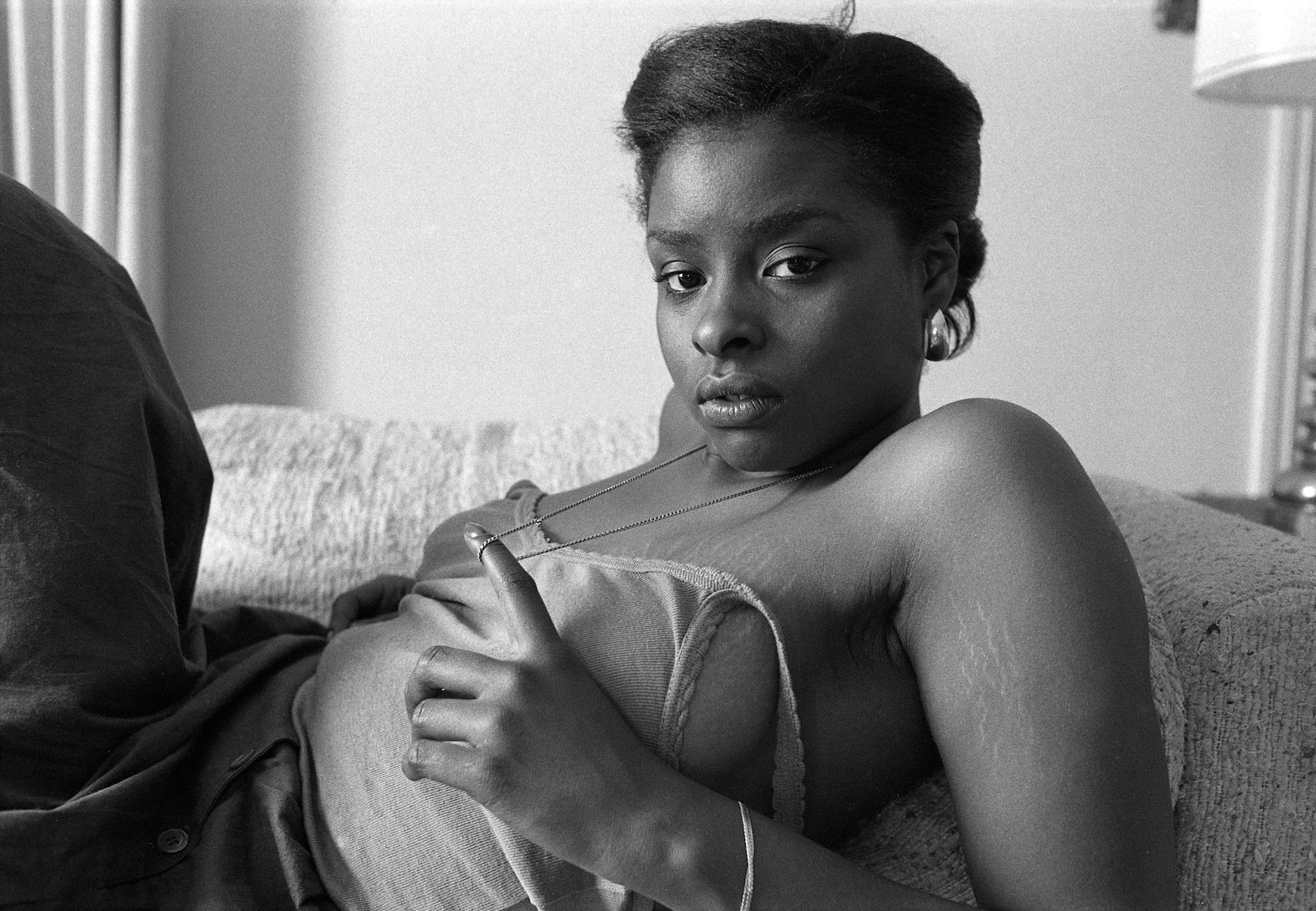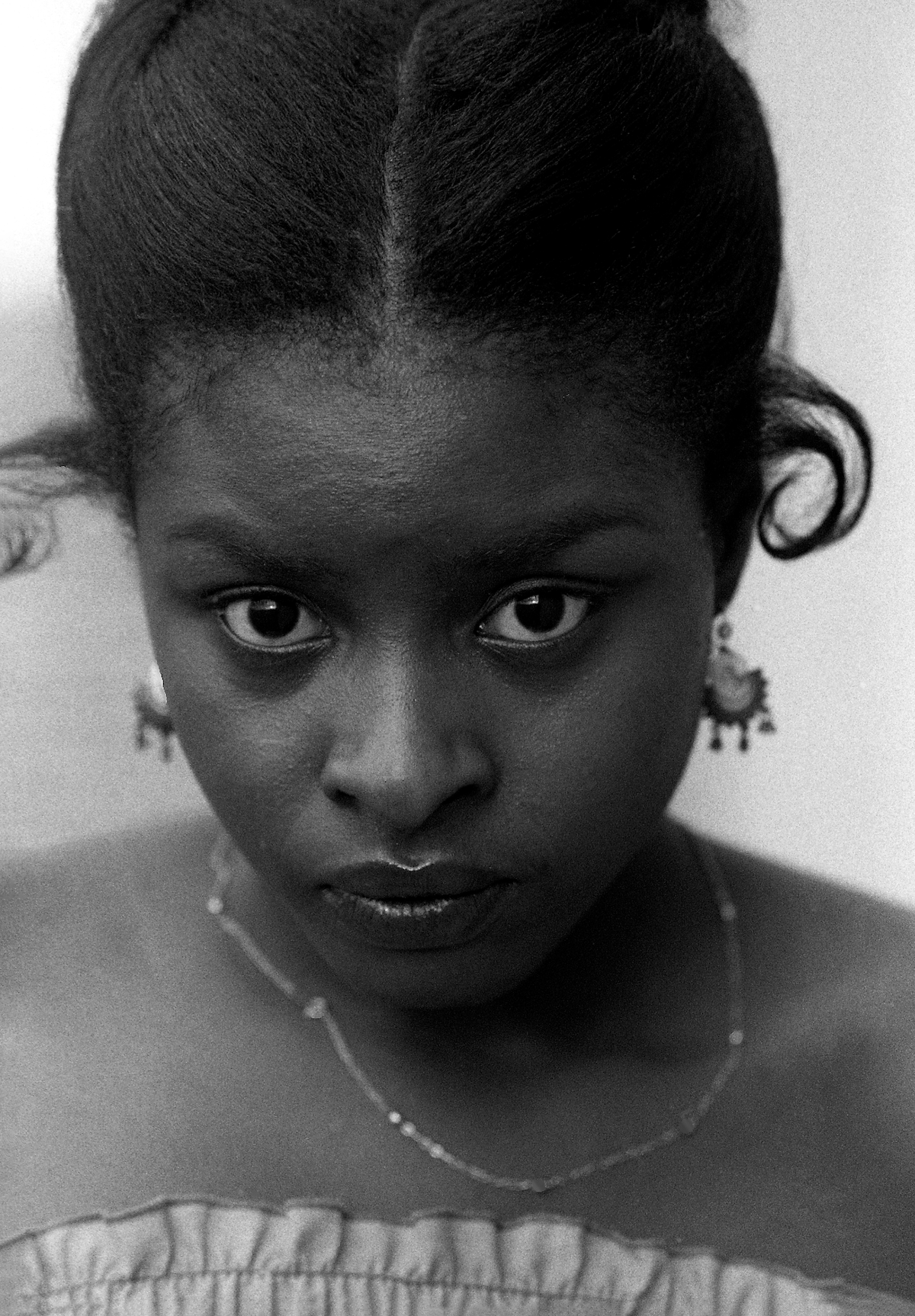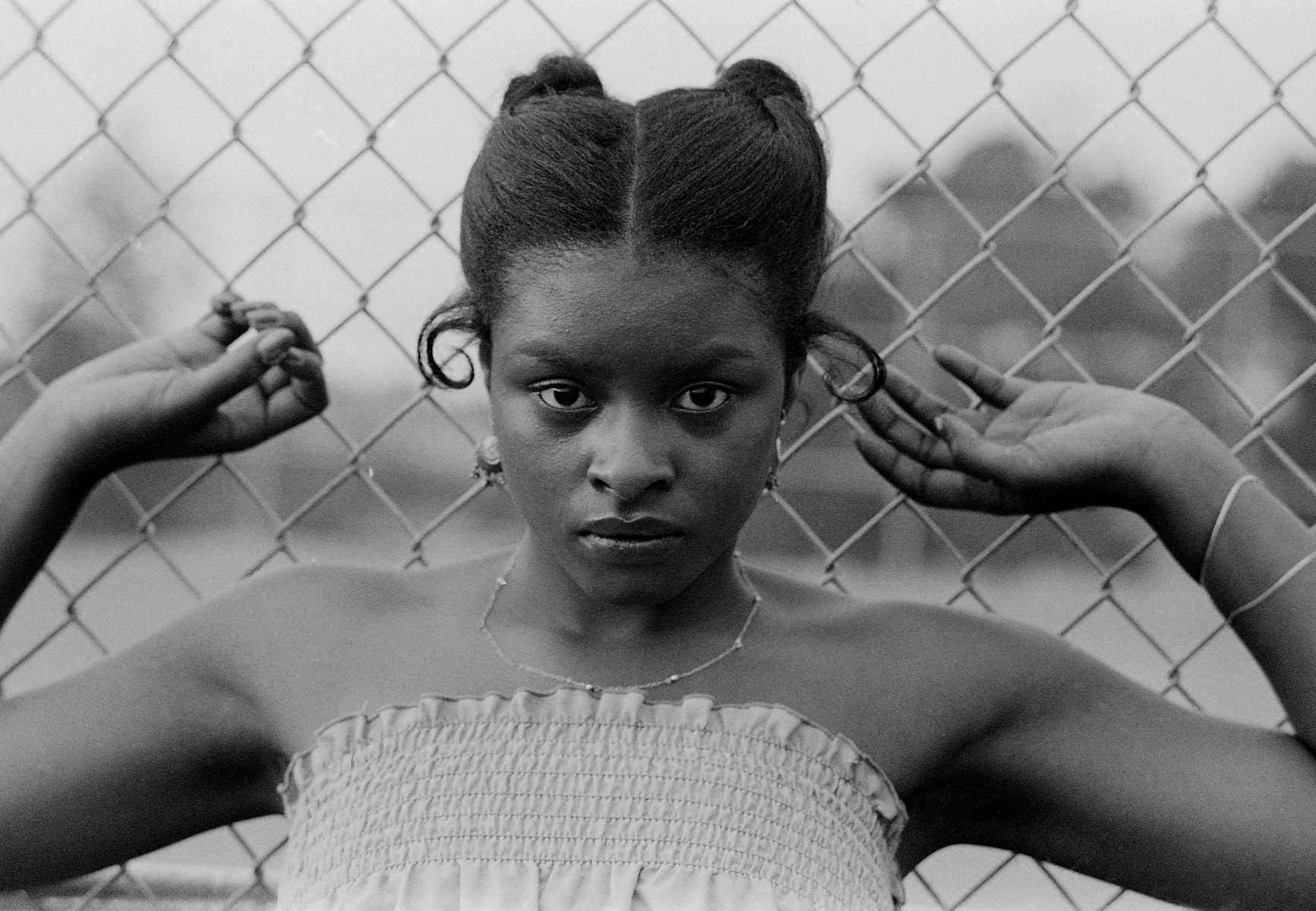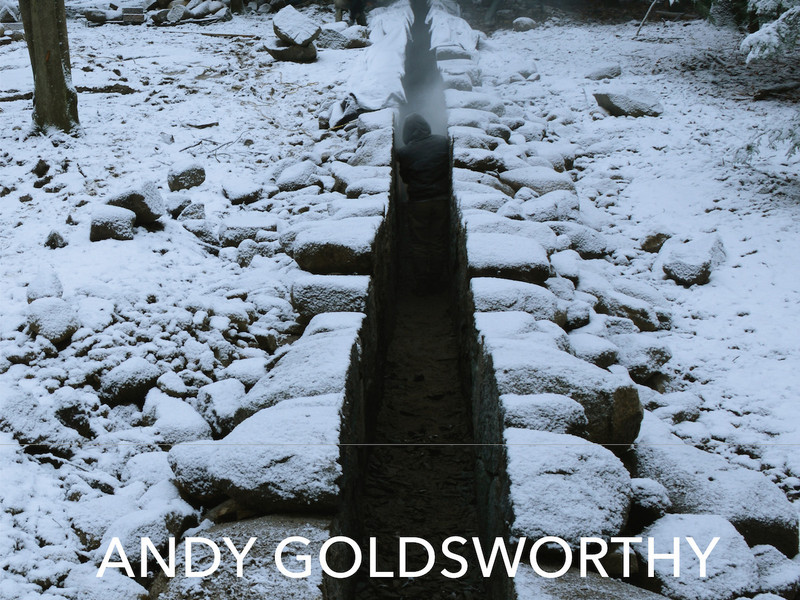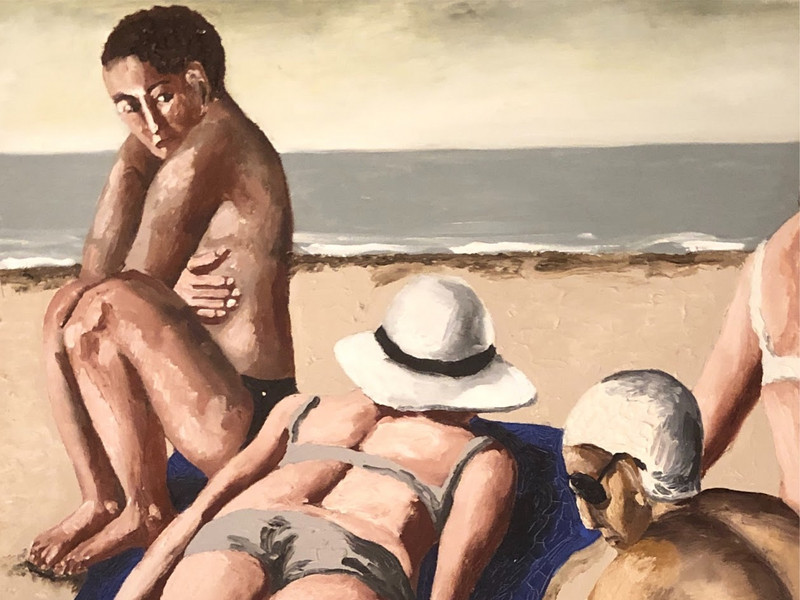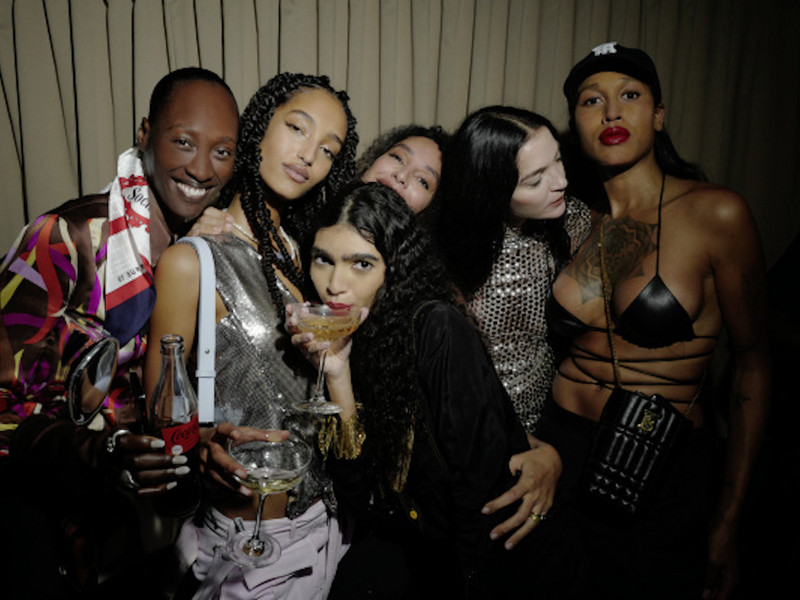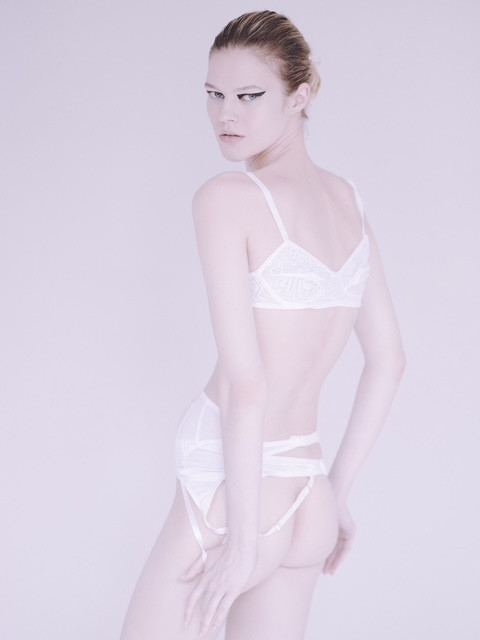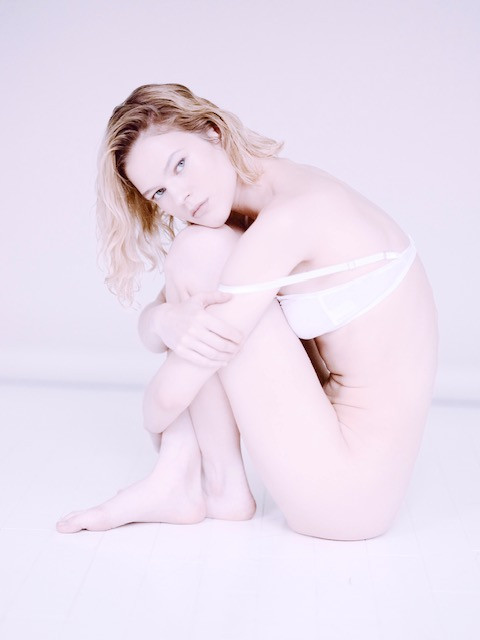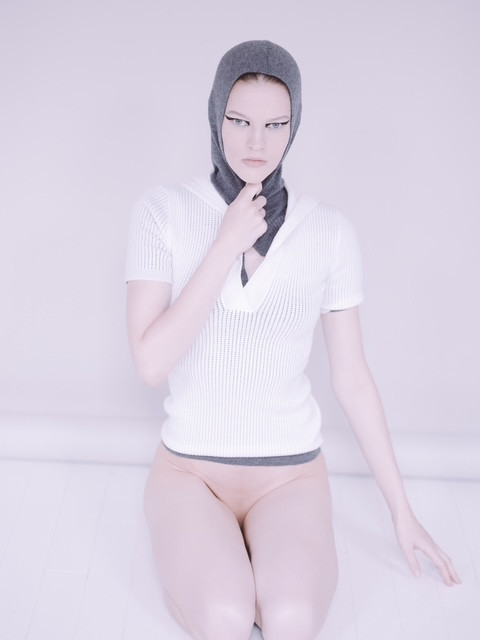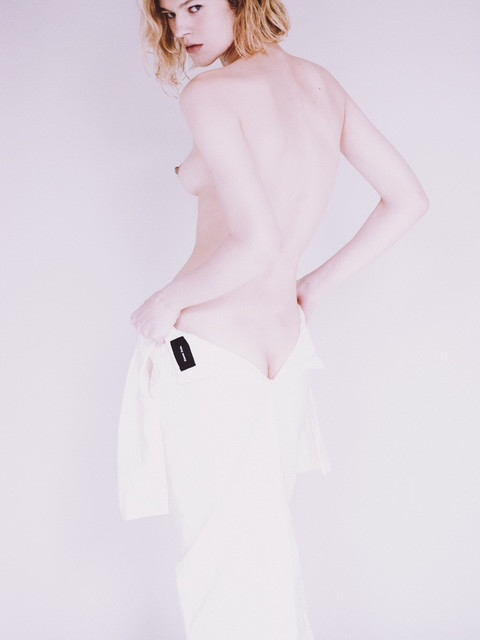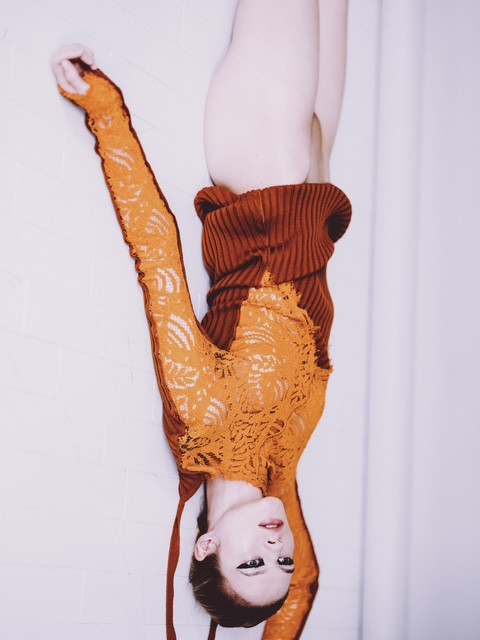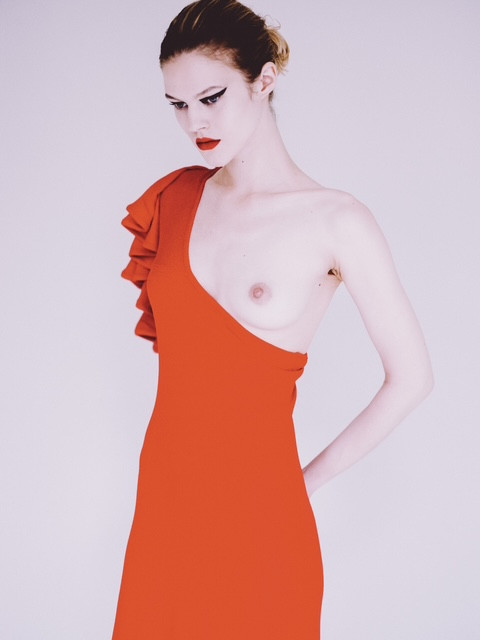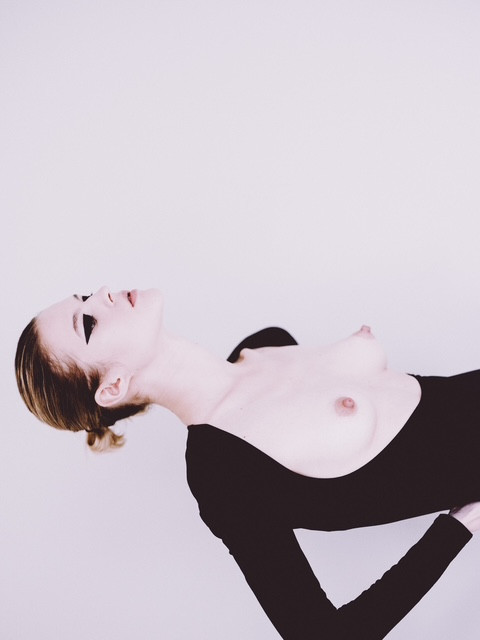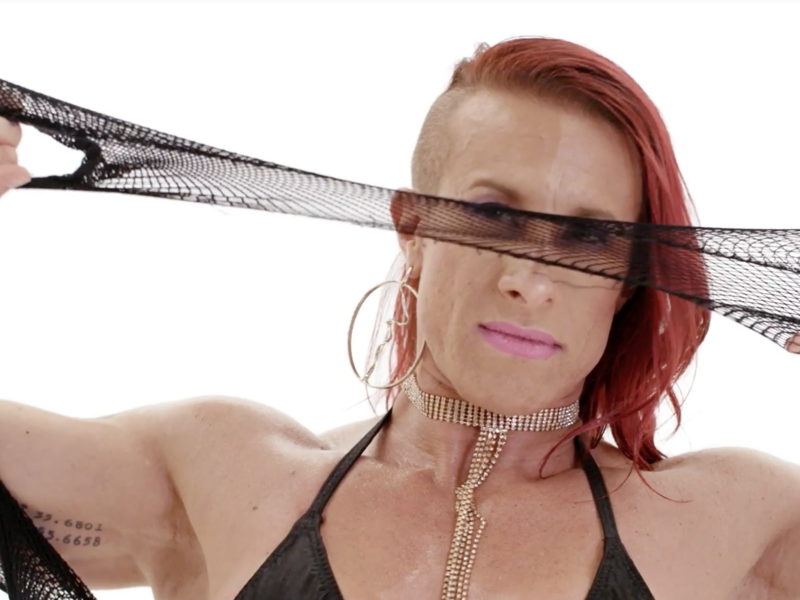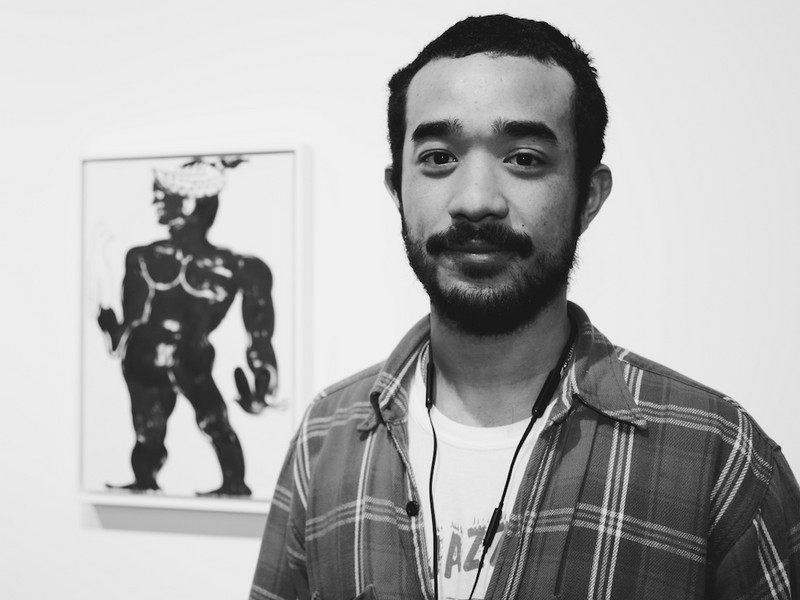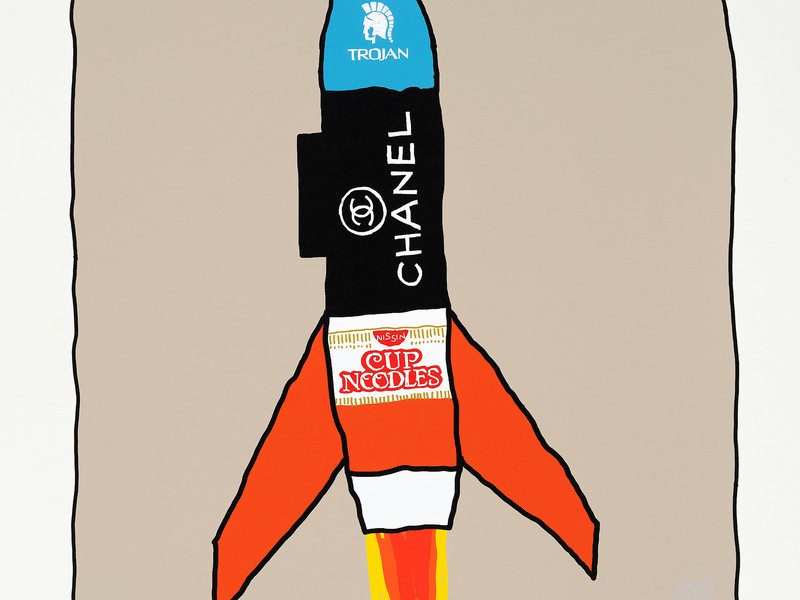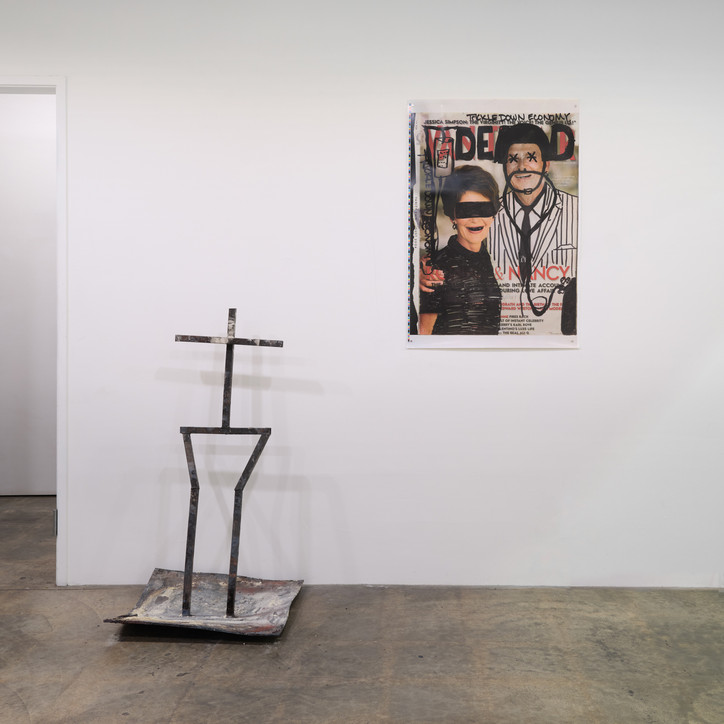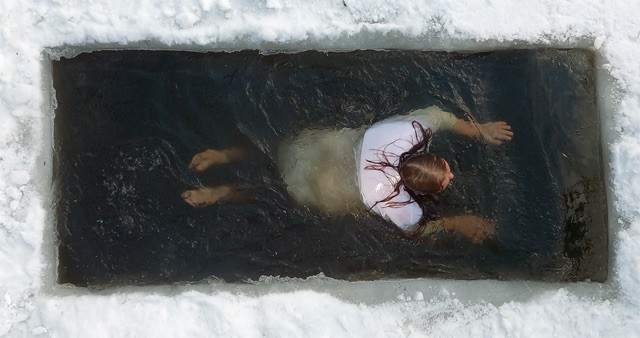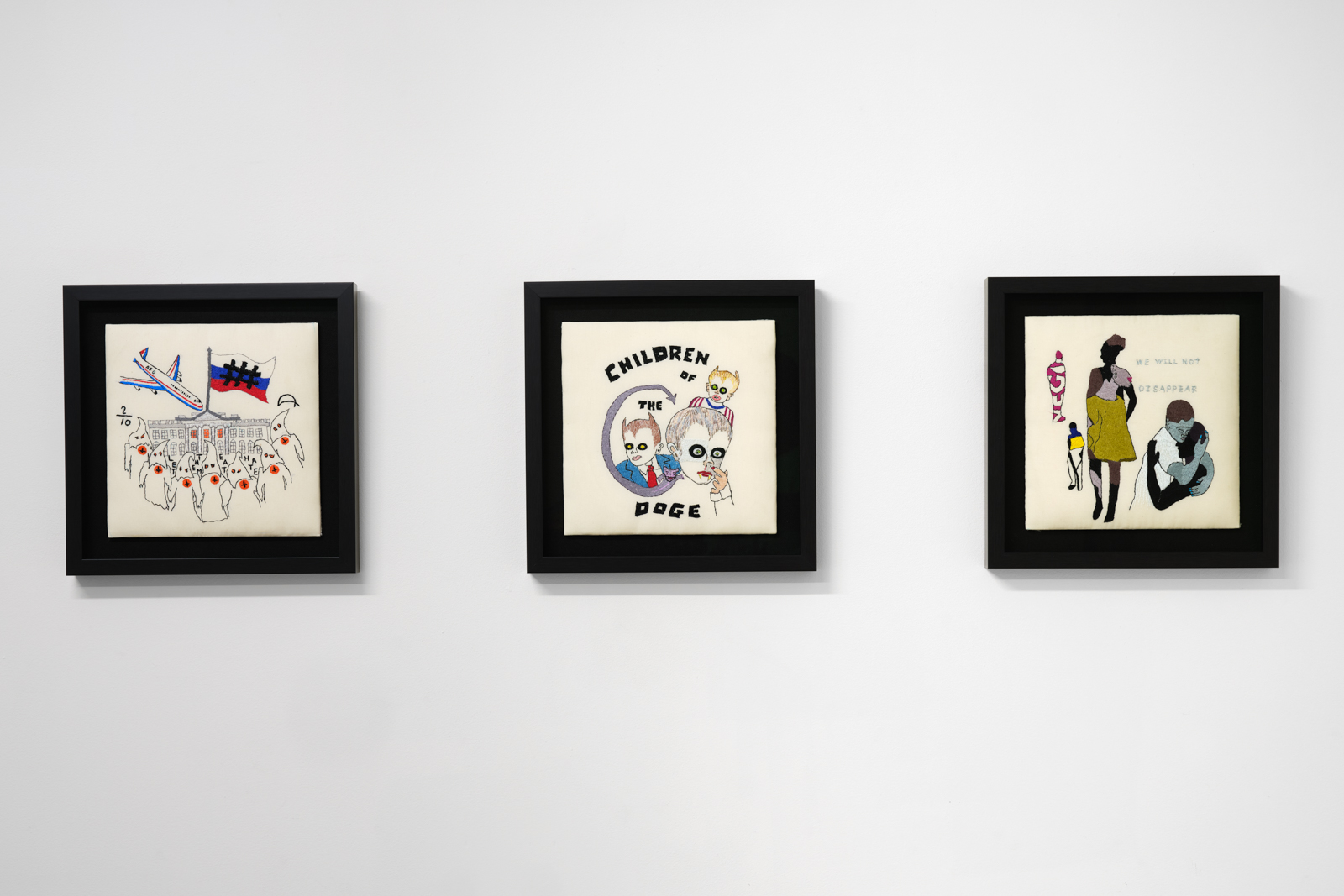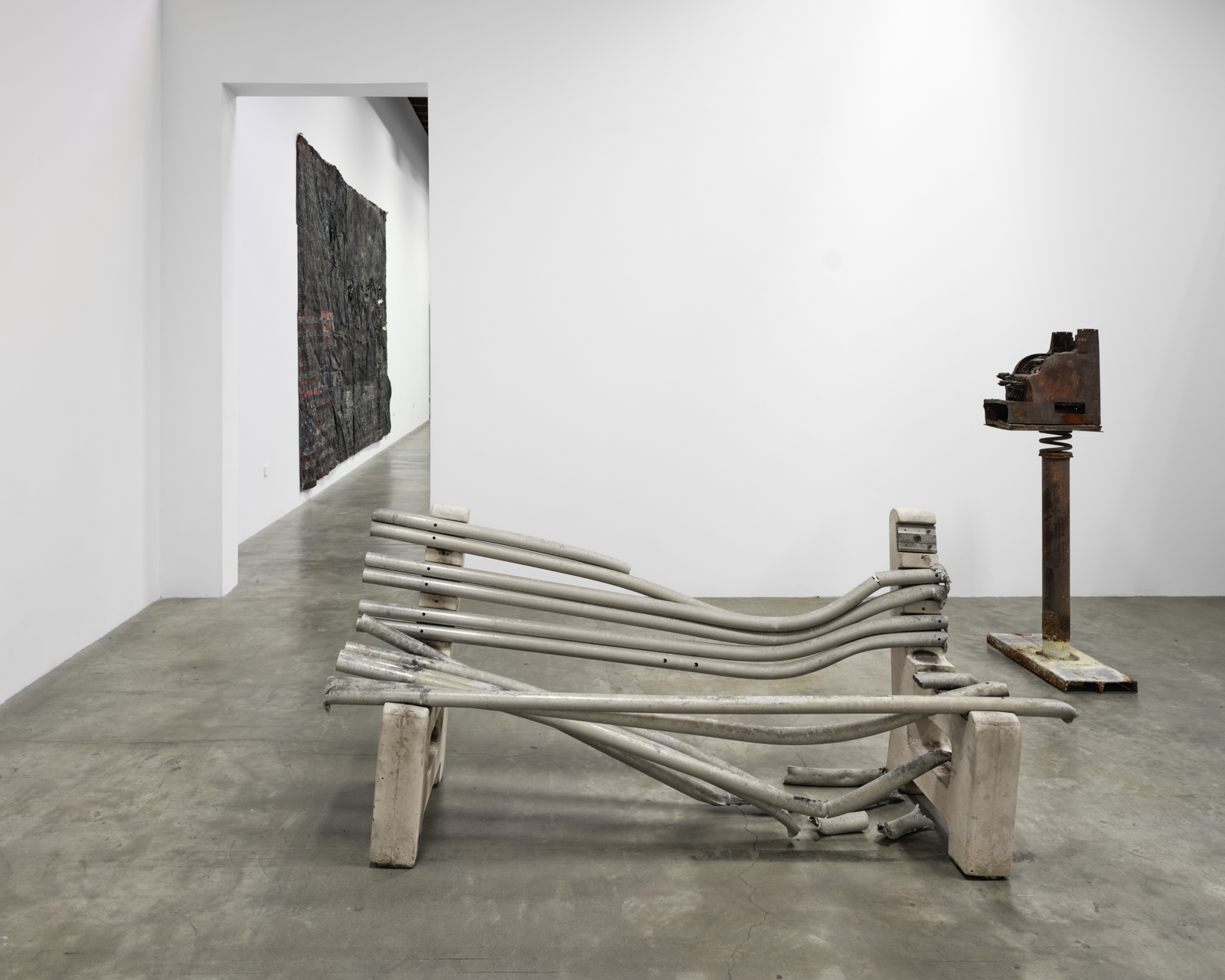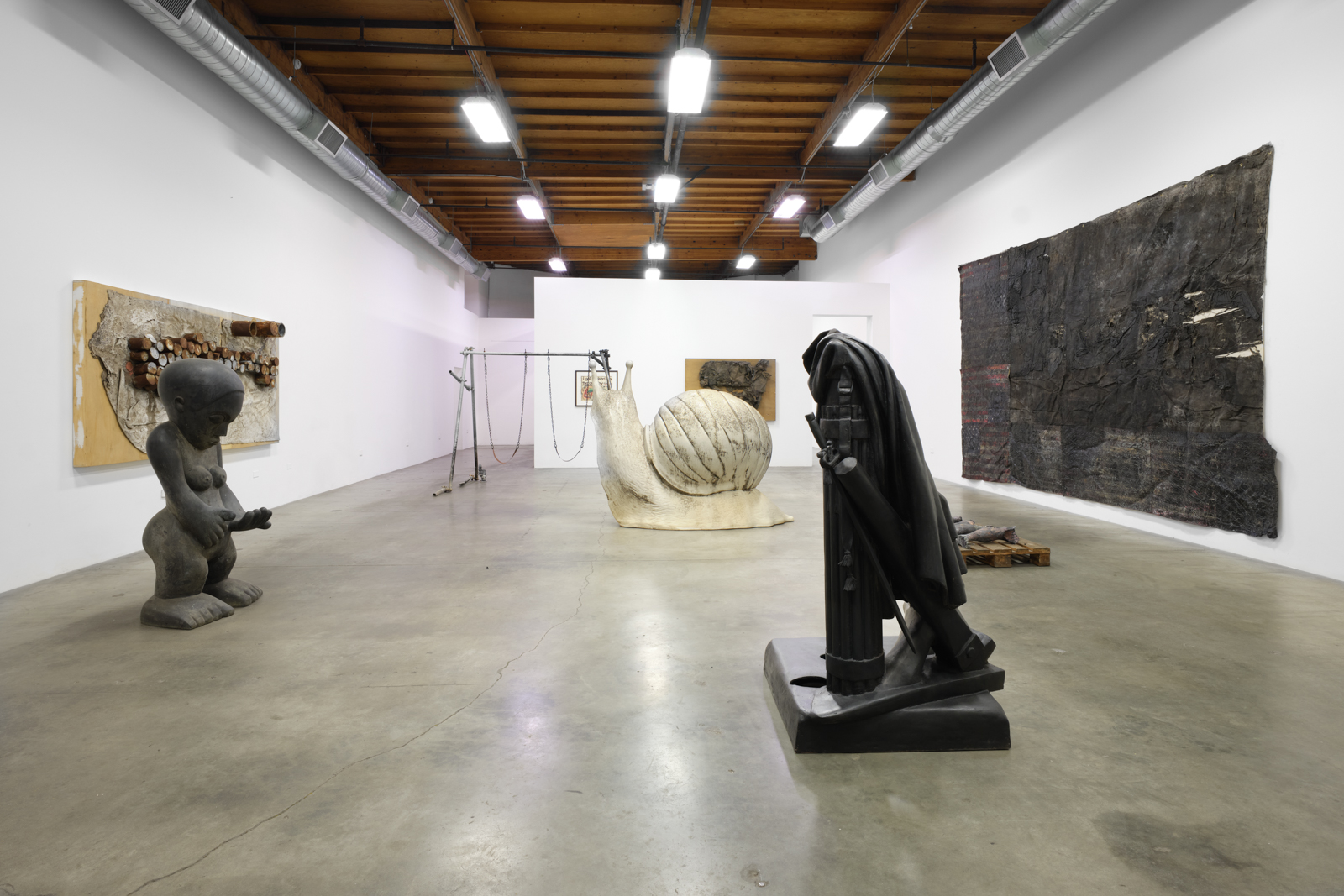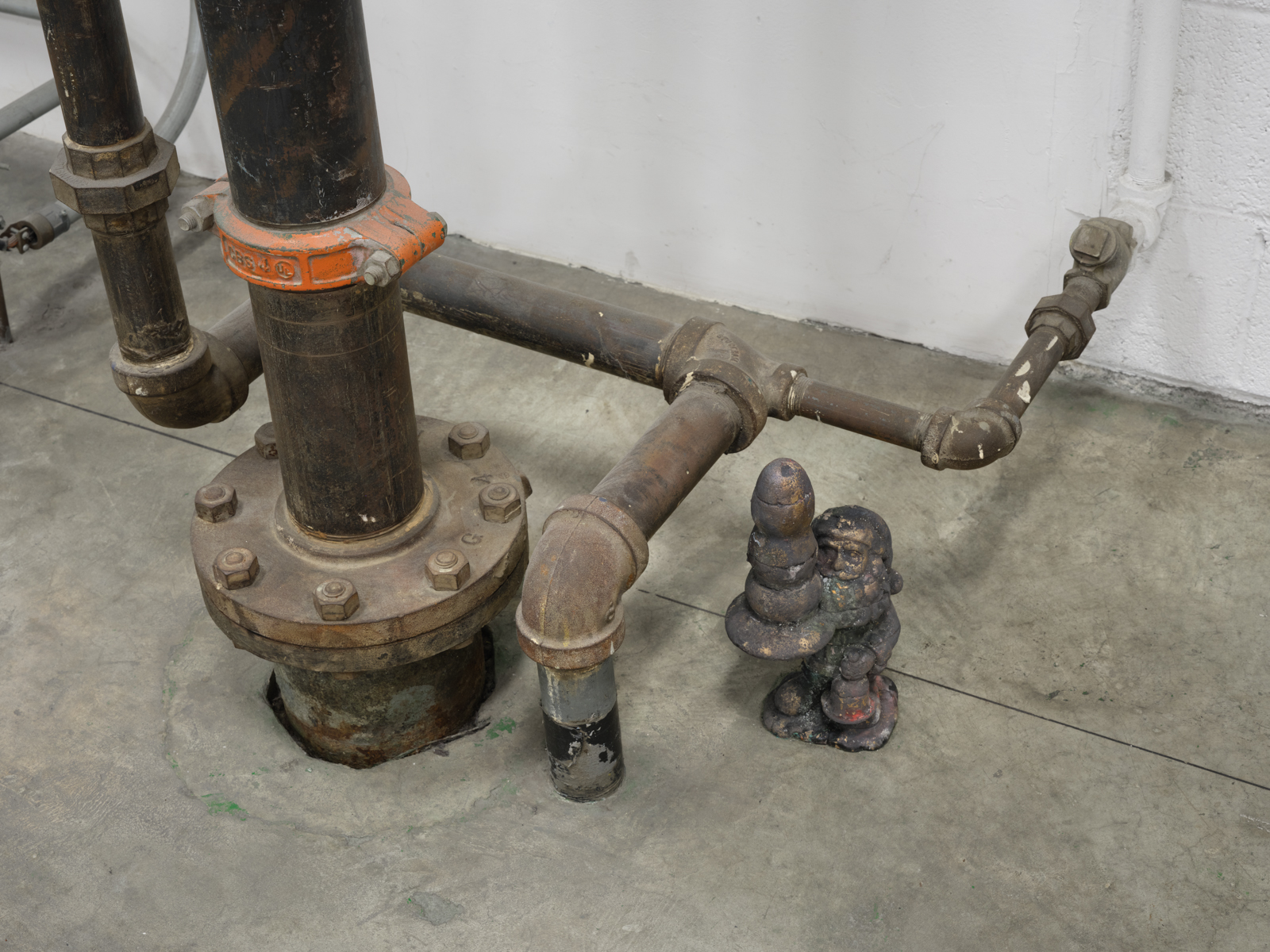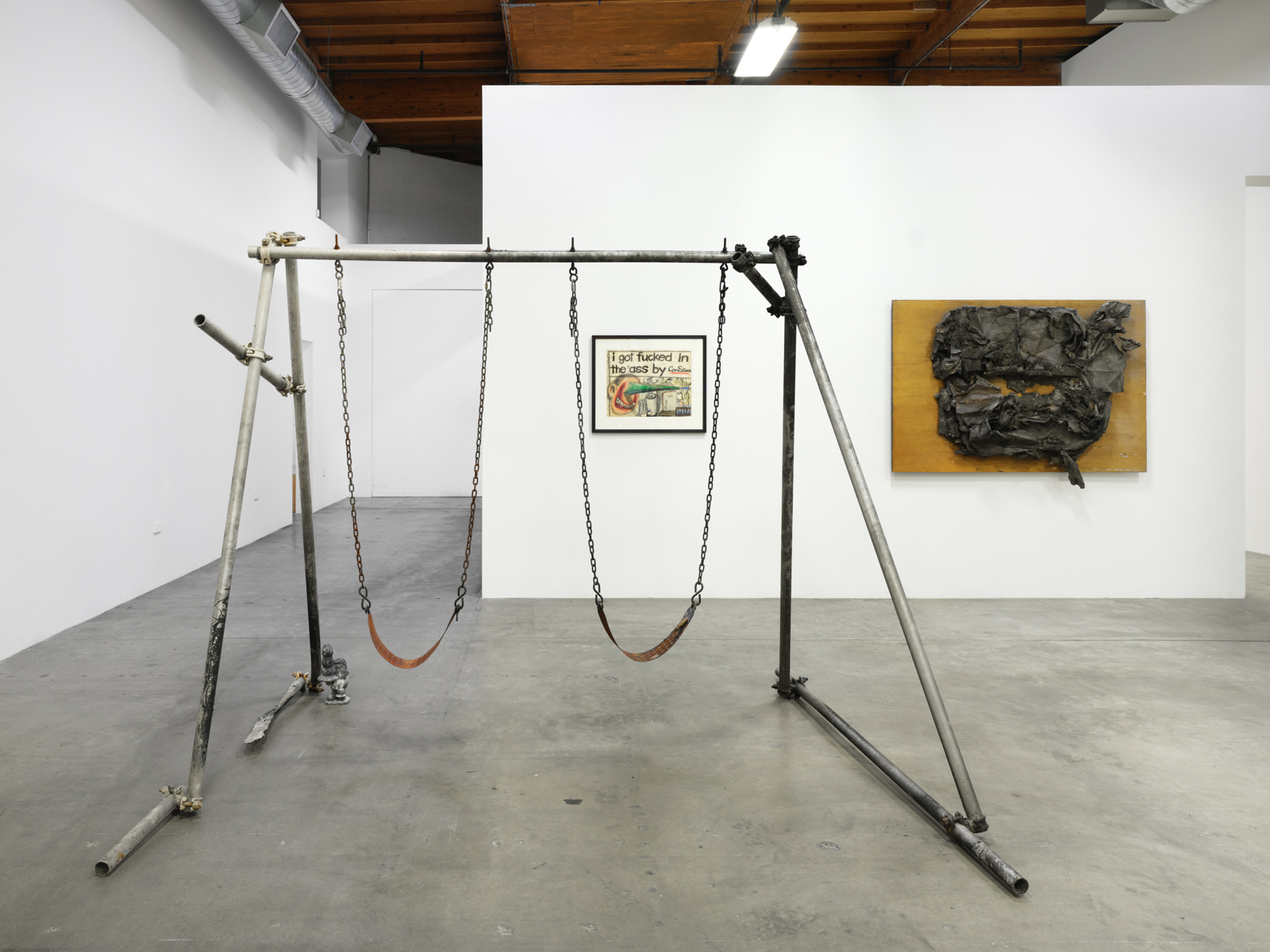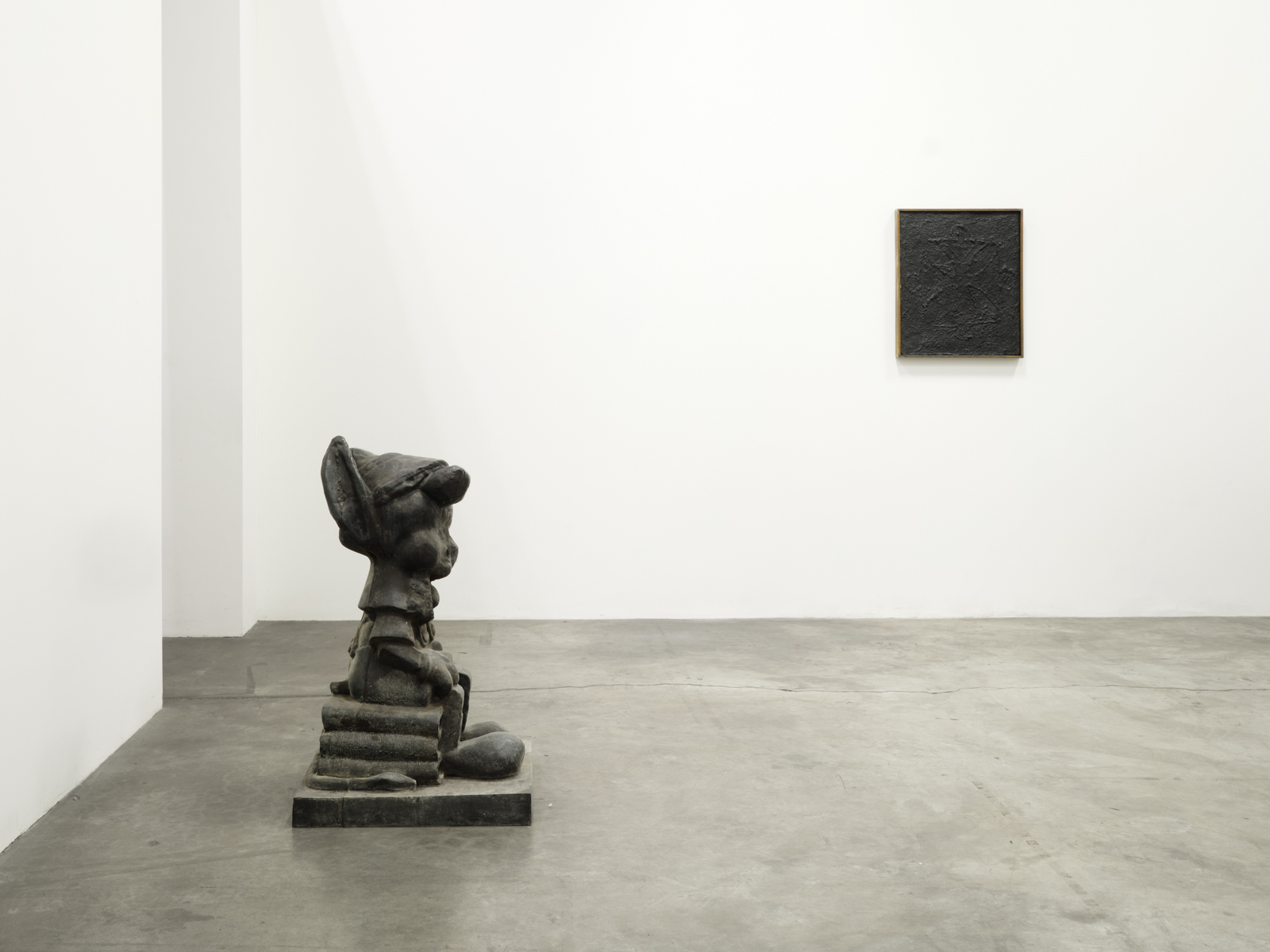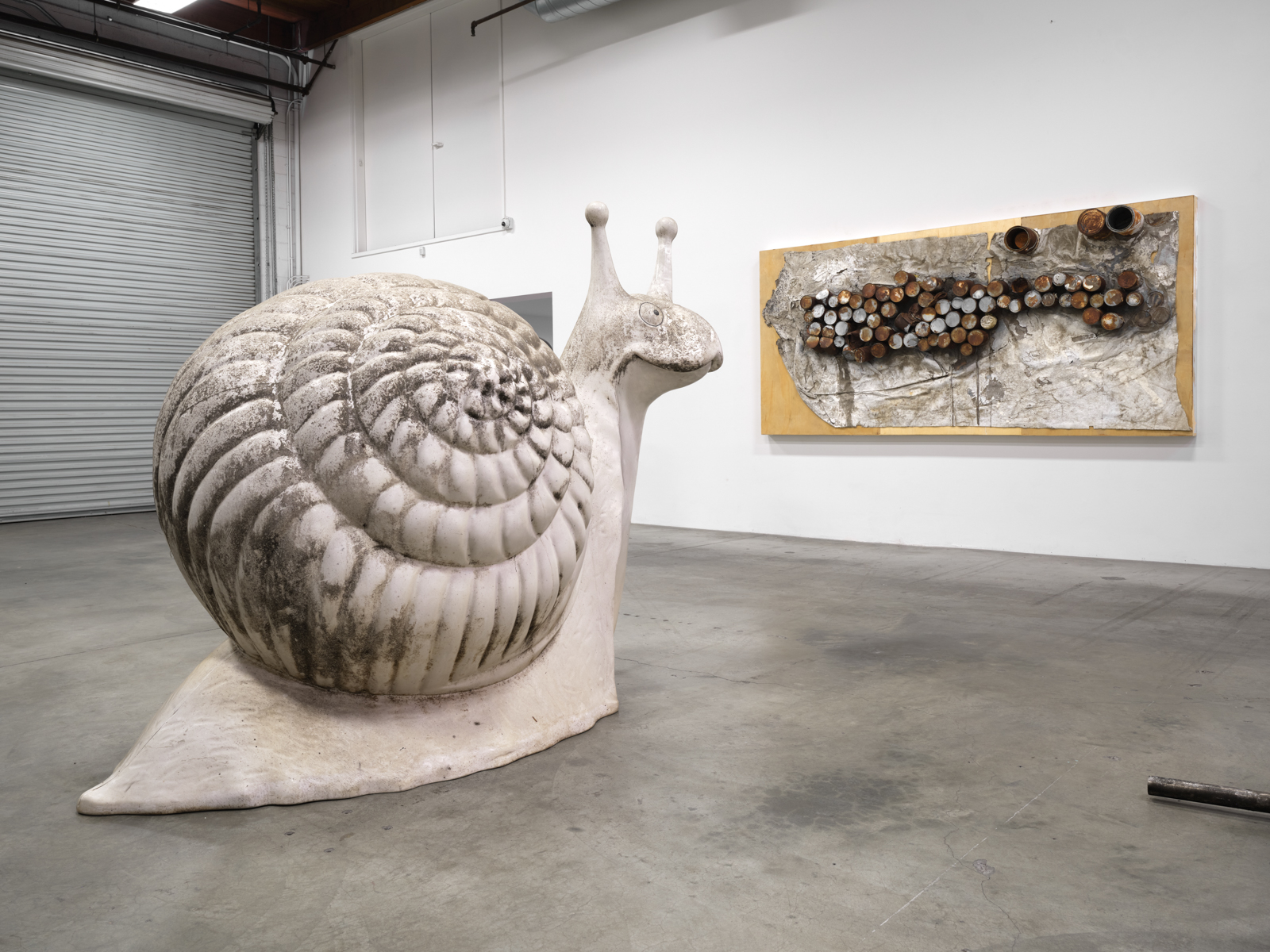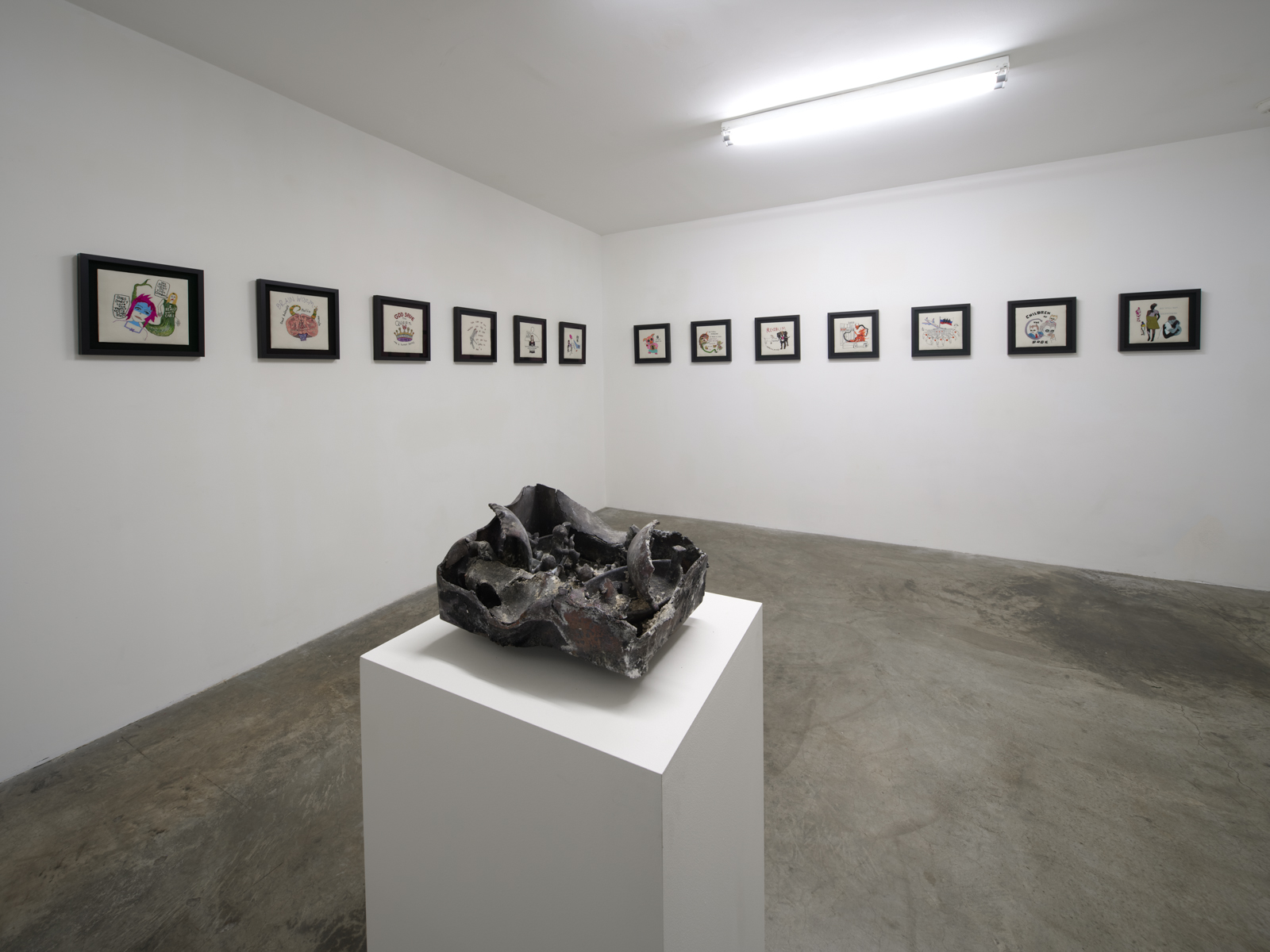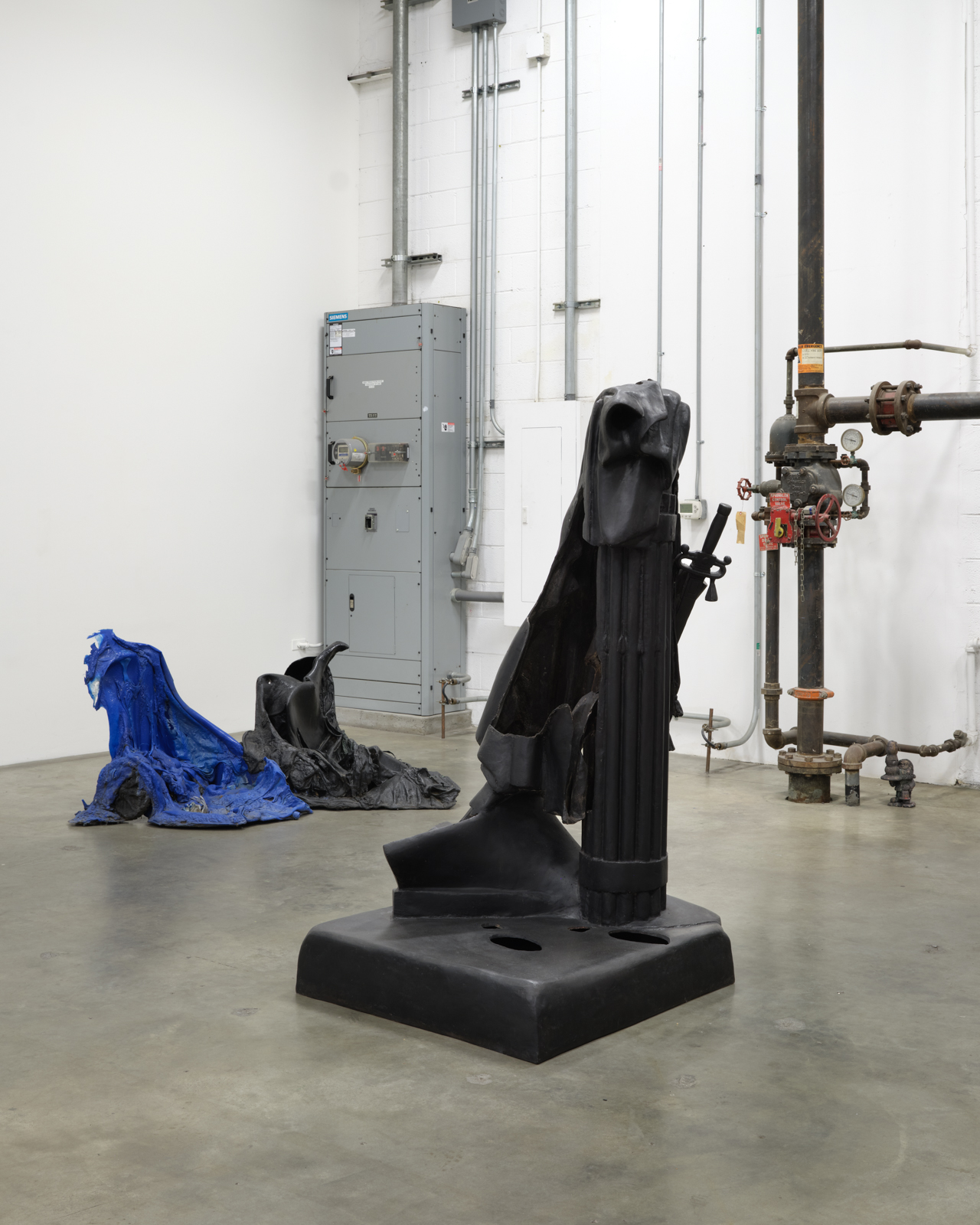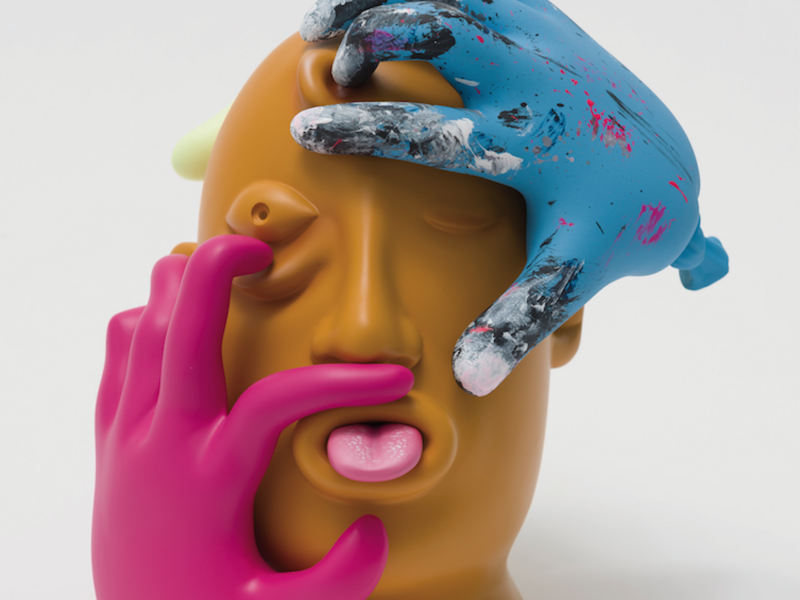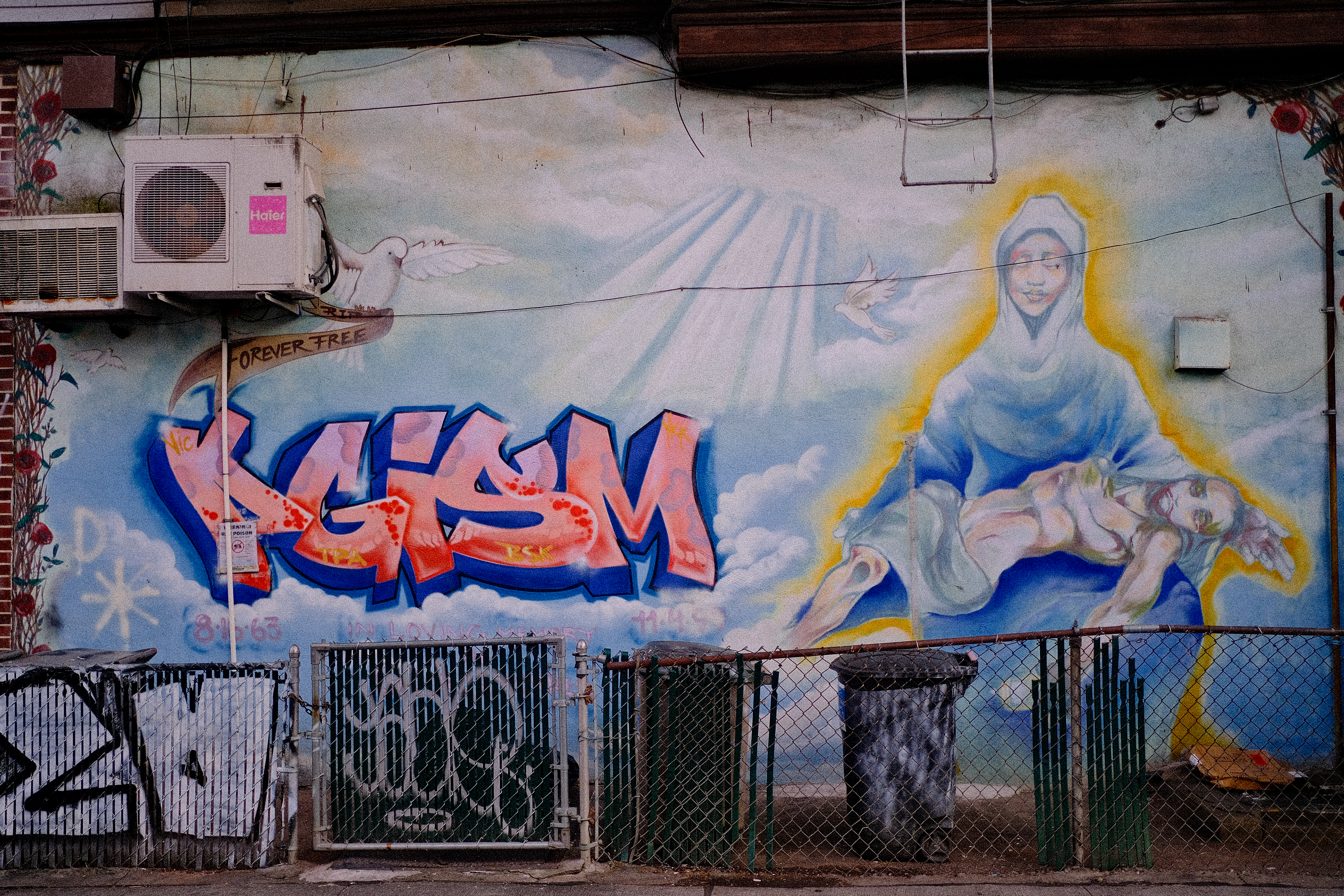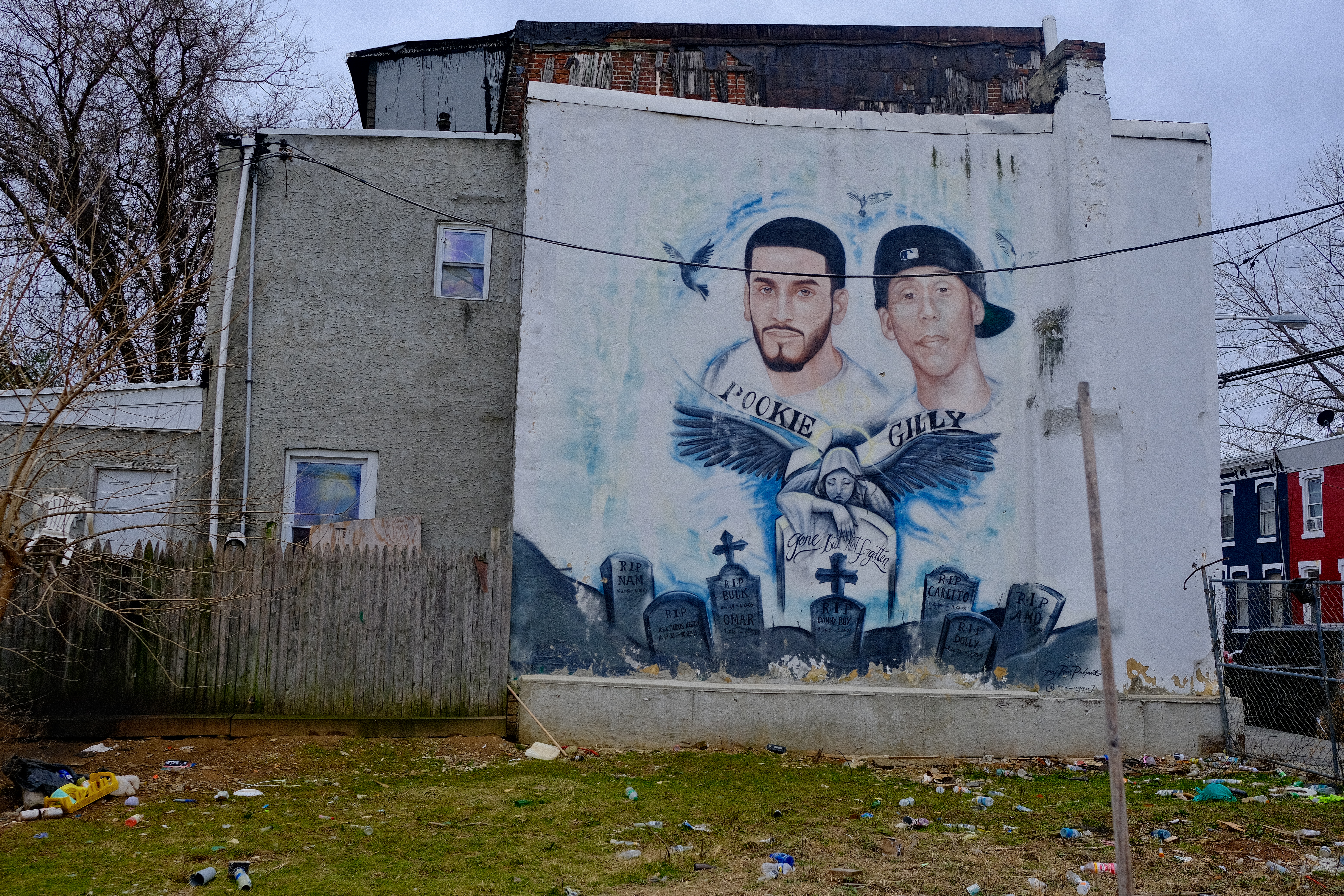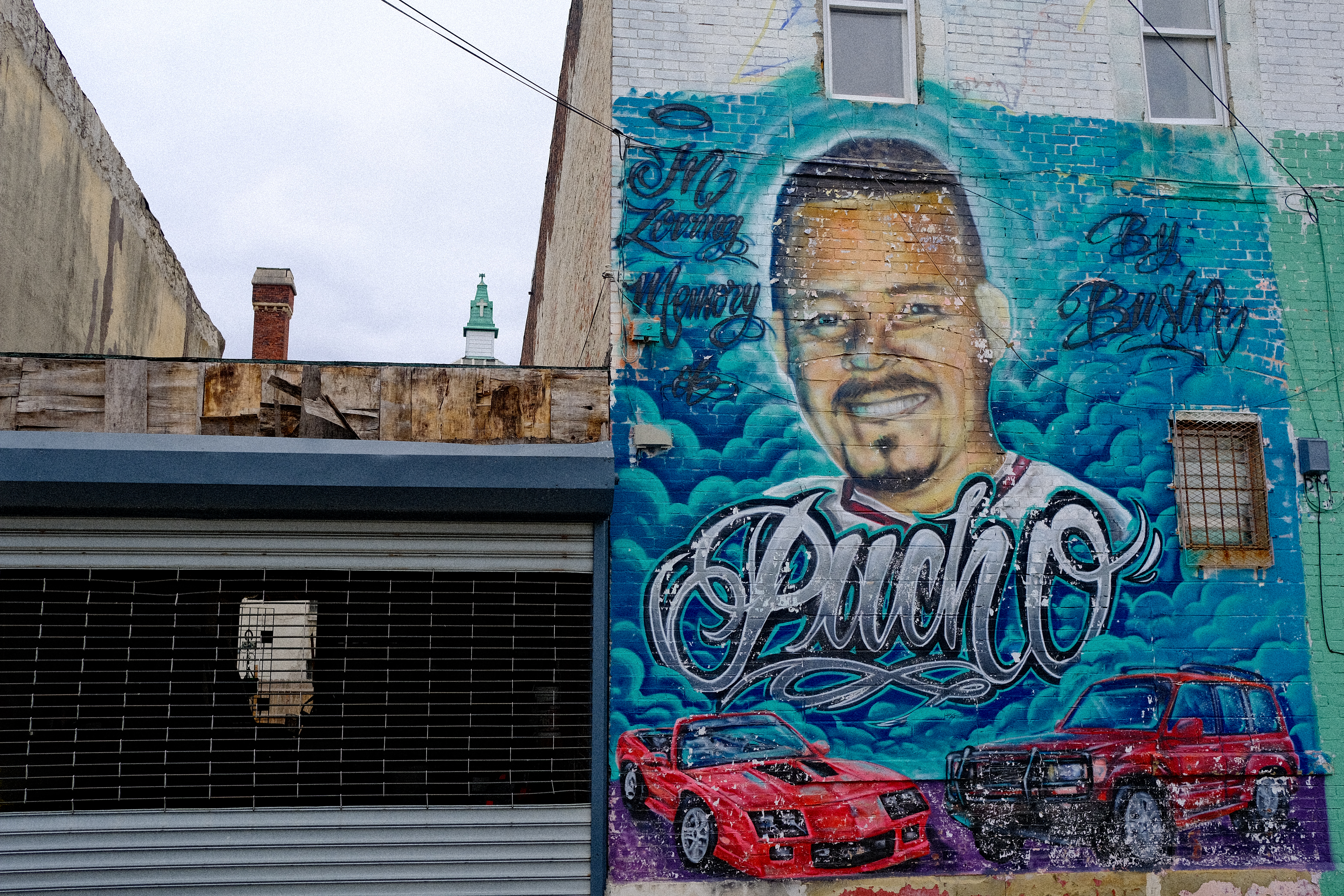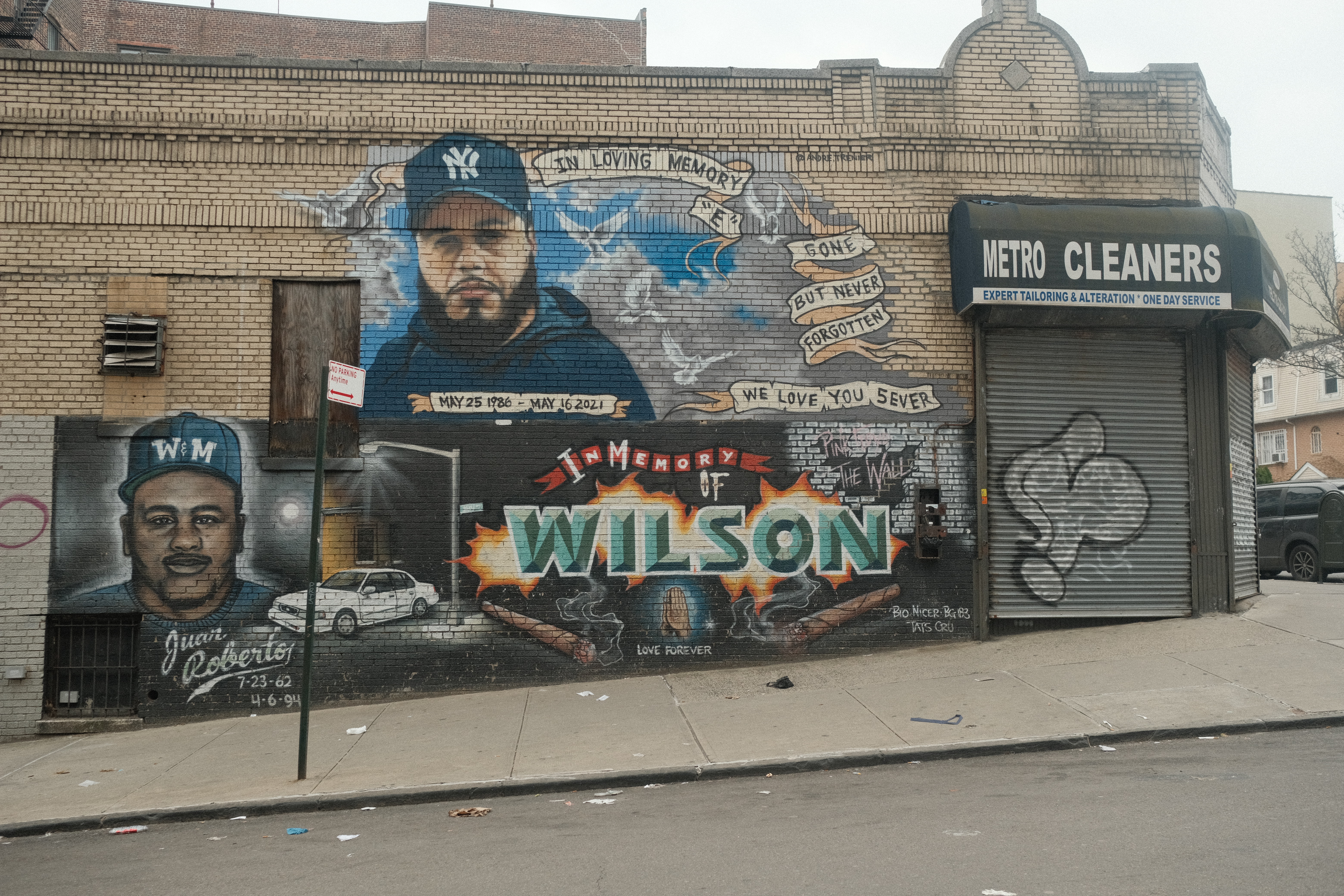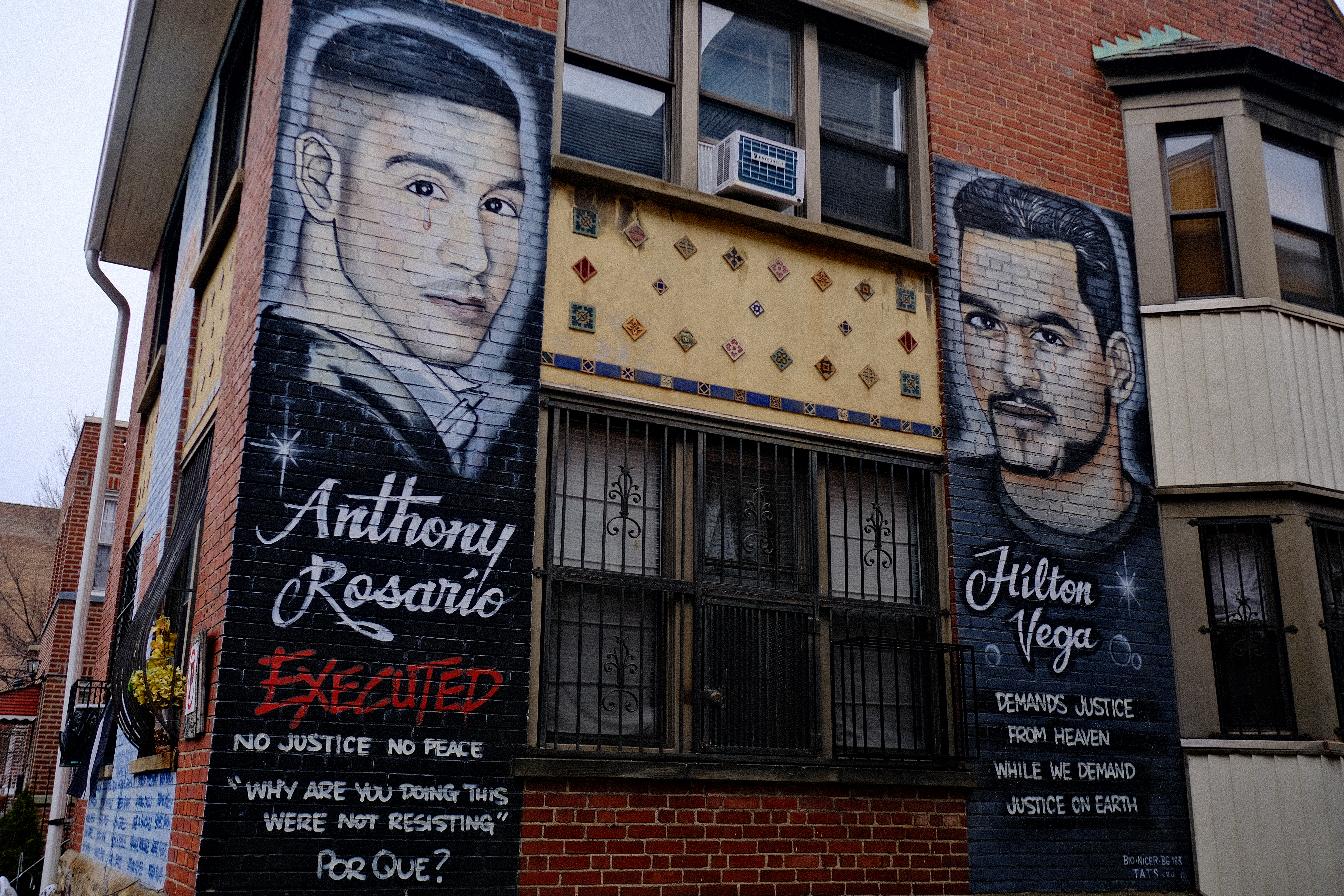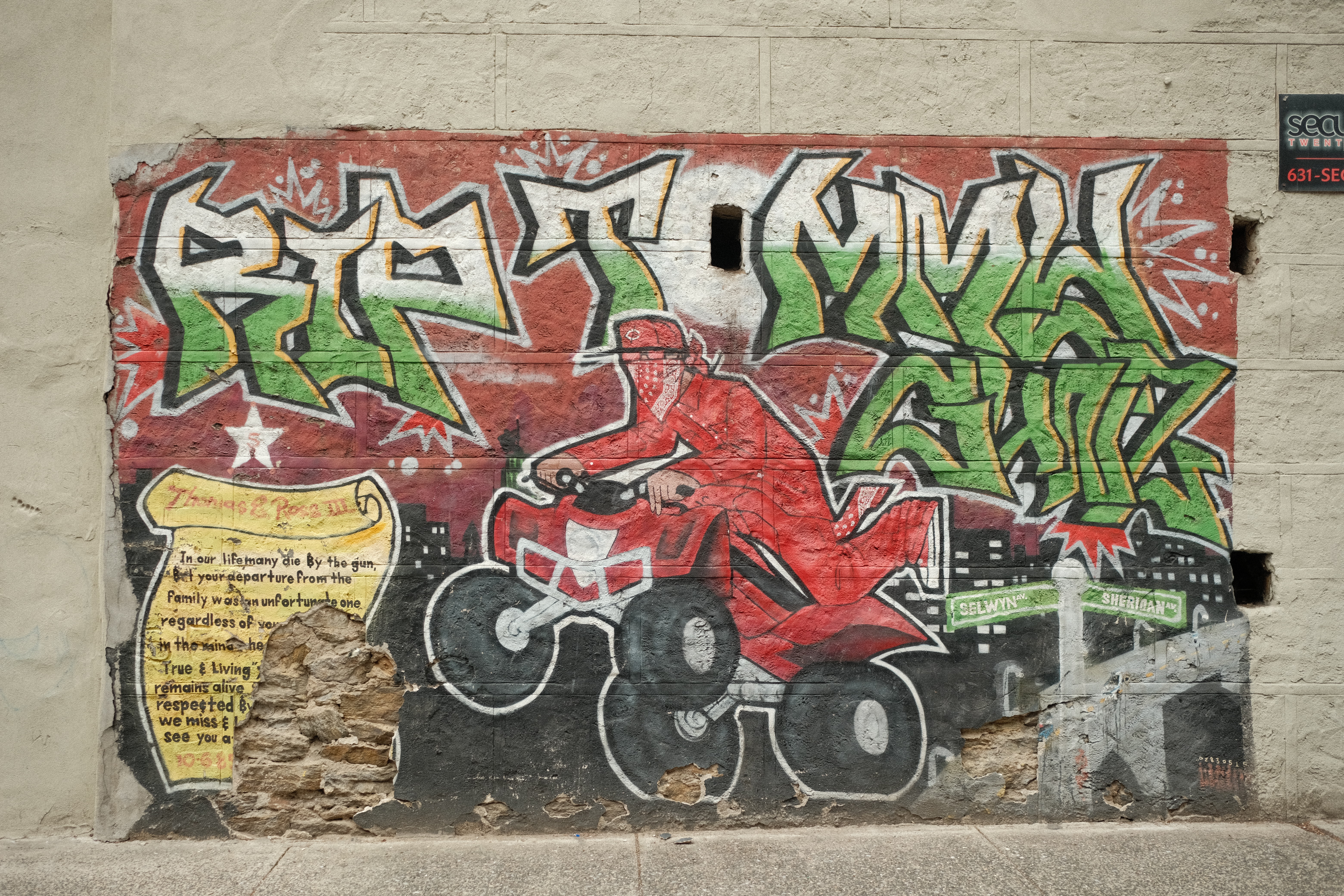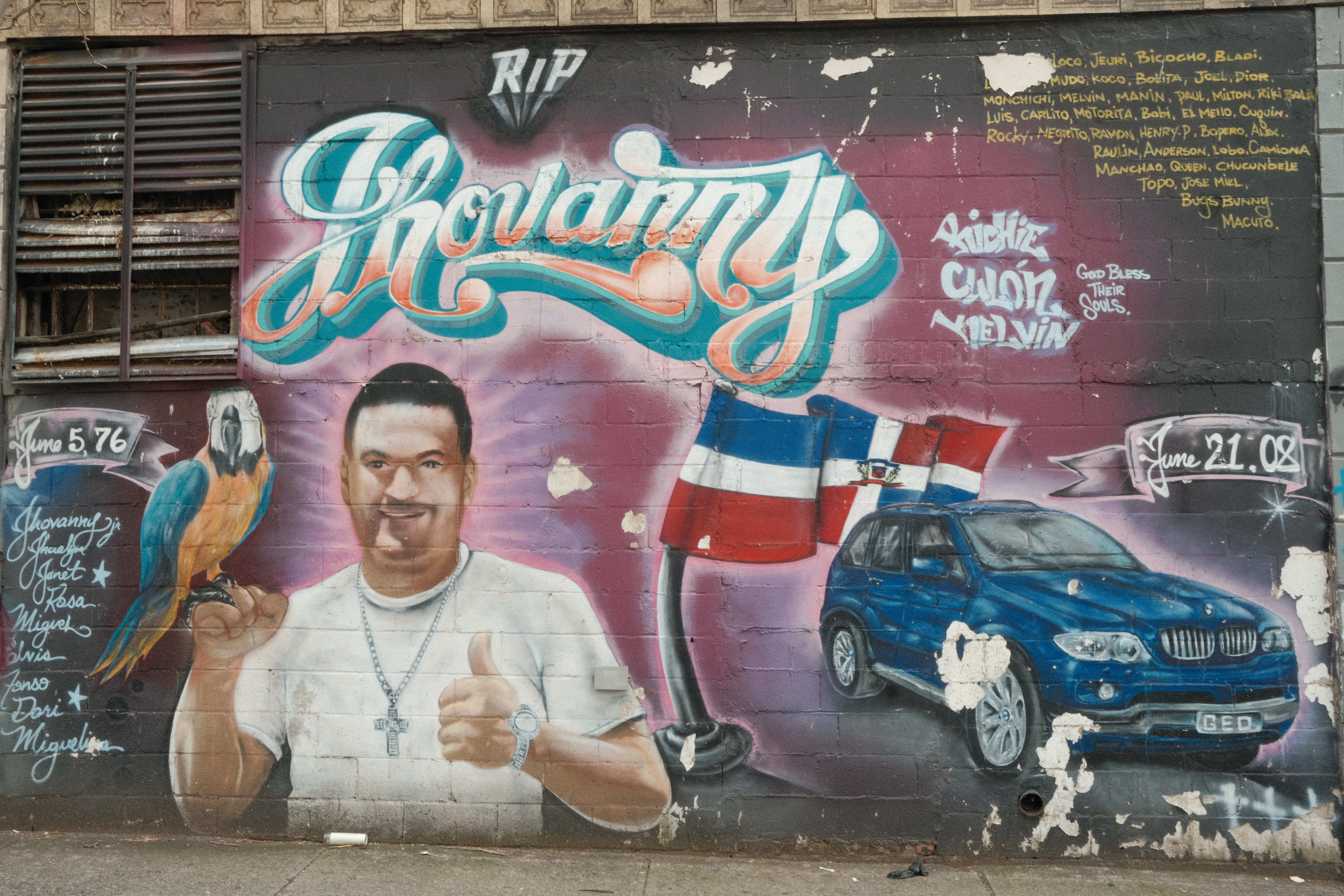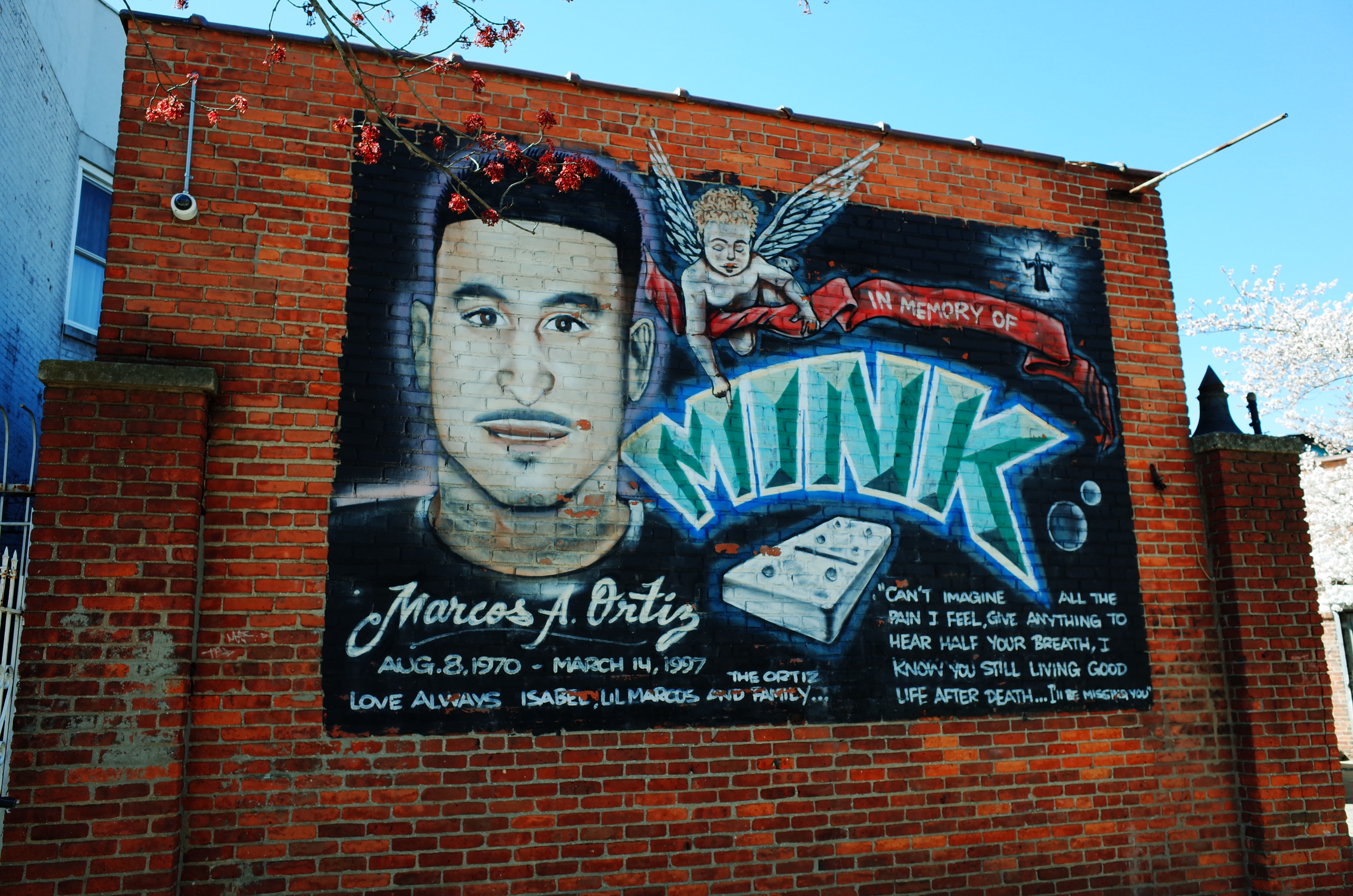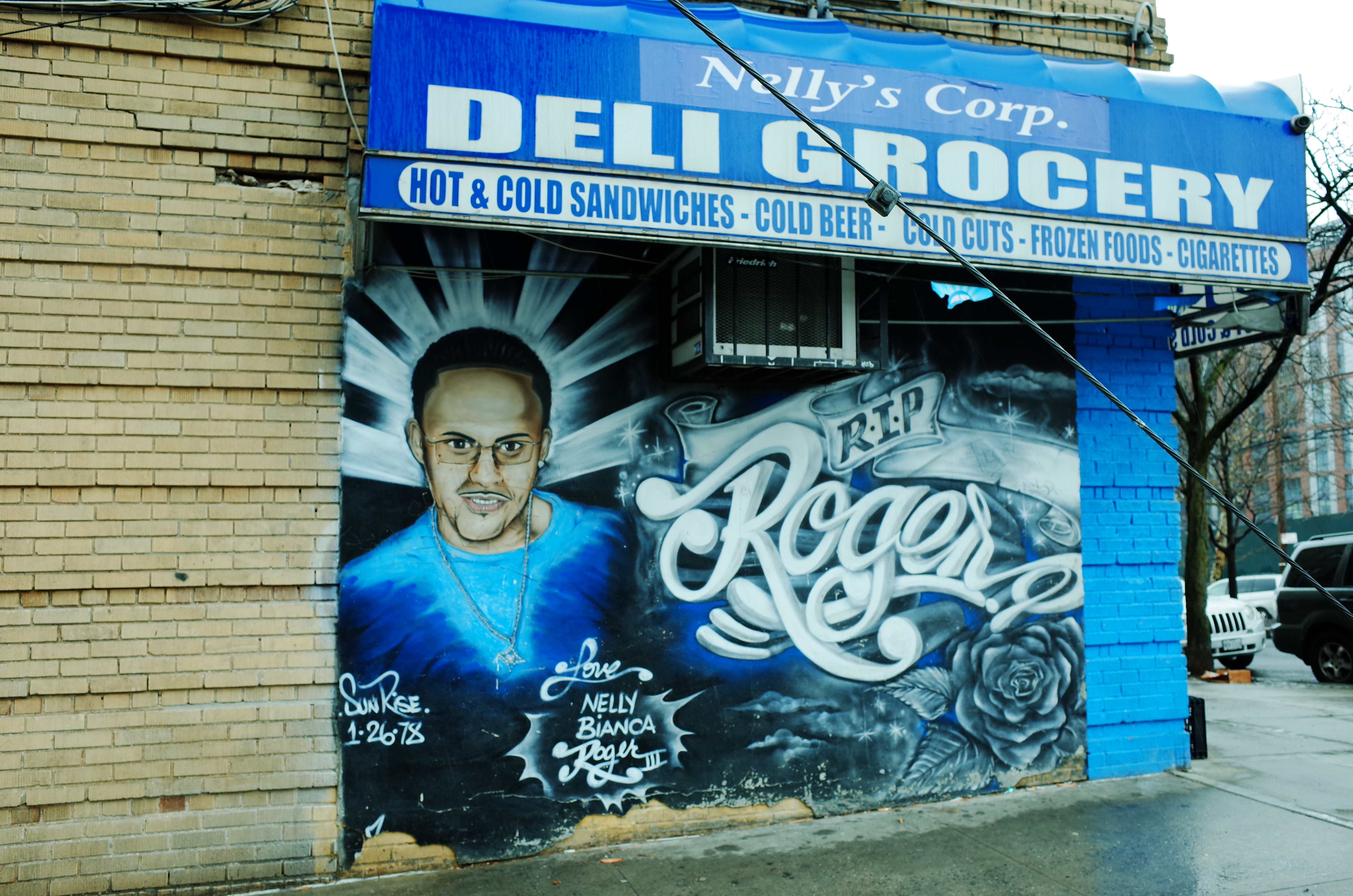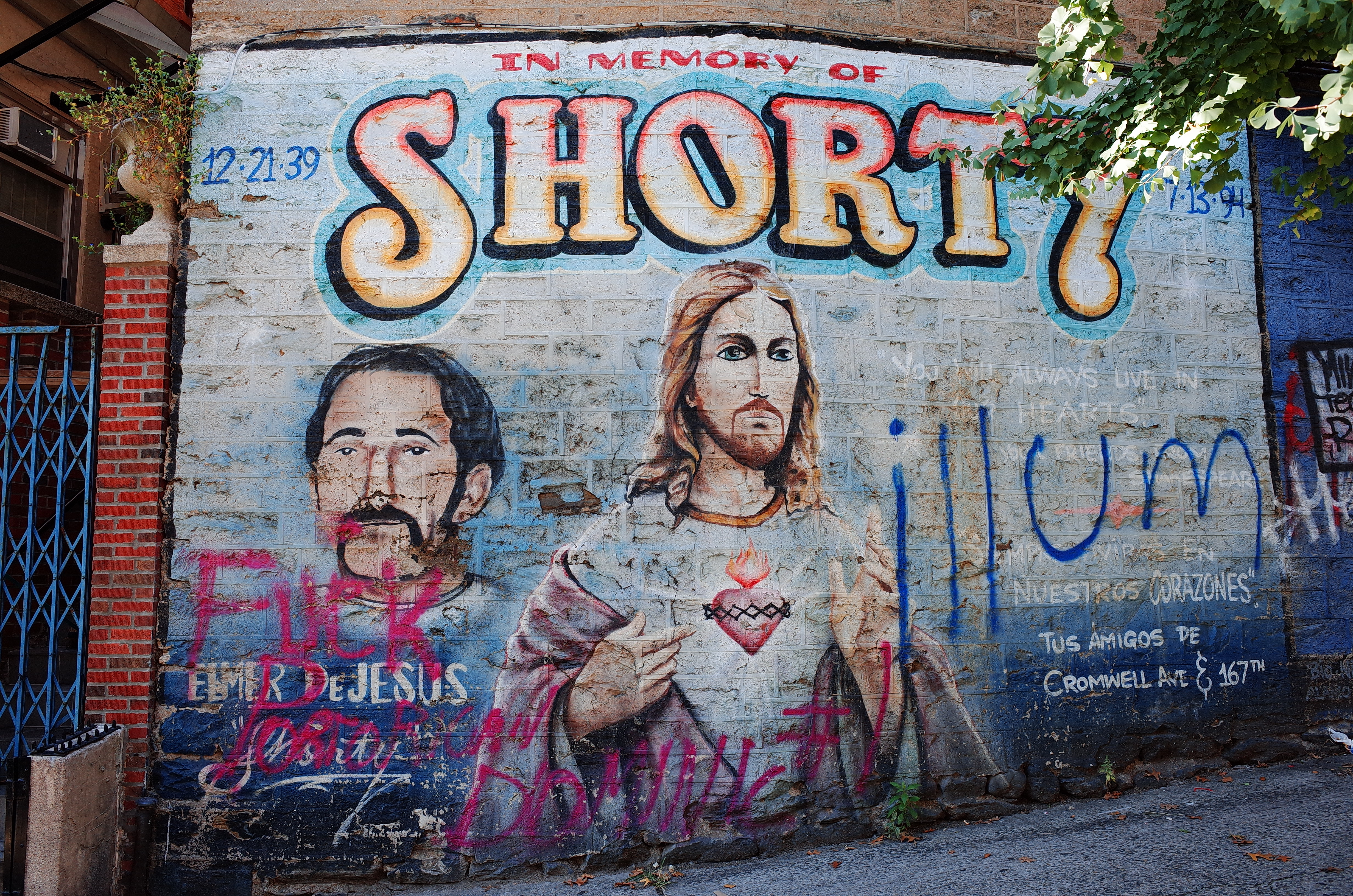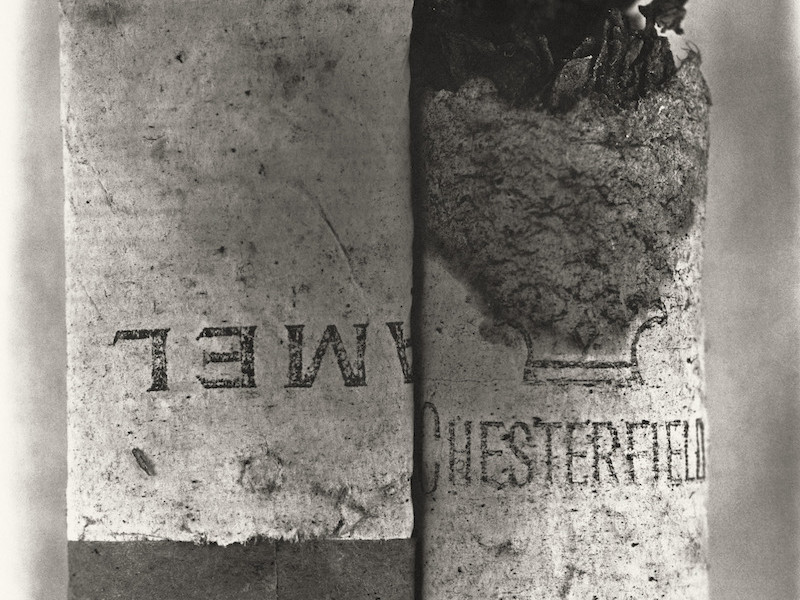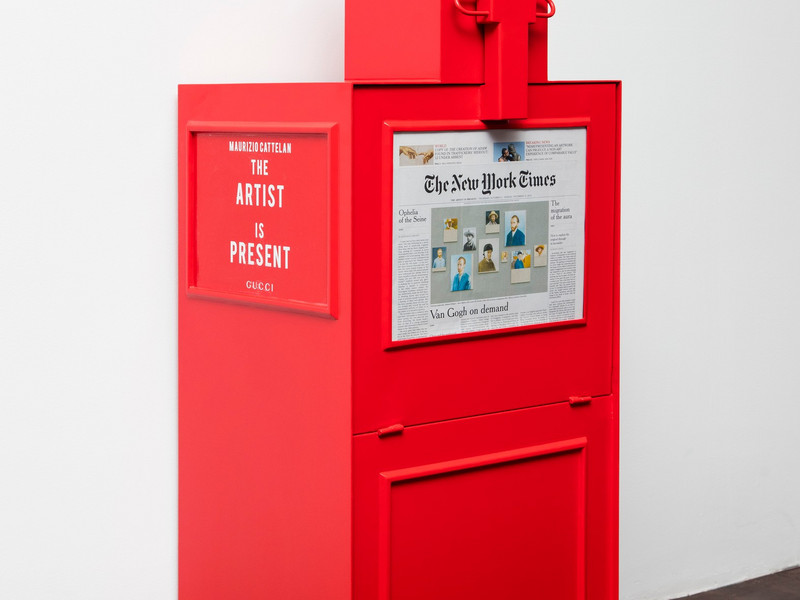Steven Cuffie's Intimate Archive
Shot in 1979, the woman in the portrait is identified by nothing other than her first name. Marcus Cuffie discovered this image of Karen alongside a multitude of portraits while they and their sister Morgan were sifting through the extensive personal archive left behind by their late father, Baltimore photographer Steven Cuffie. Save for a few exhibitions in Baltimore before his children were born, the majority of Steven Cuffie’s public facing work was as a photographer for the City of Baltimore, documenting city events, infrastructure damages, crime scenes, and the like. But after his death in 2014, Marcus and Morgan discovered the sheer breadth of his artistic practice, uncovering hundreds of captivating portraits shot in the 1970s and 80s.
In 2022, the pair of siblings worked with the New York Life Gallery to curate the first New York exhibition of their fathers work, in an effort to share their discovery with the world. Now Marcus has partnered with the gallery once again, curating and compiling 26 of Cuffie’s photographs of the eponymous Karen into a zine and exhibiting three of the images and a number of negatives alongside its release. The zine, Karen, is now available for purchase from New York Life Gallery.
Below, Marcus answered some of our questions about the intriguing Karen and their father's archive.
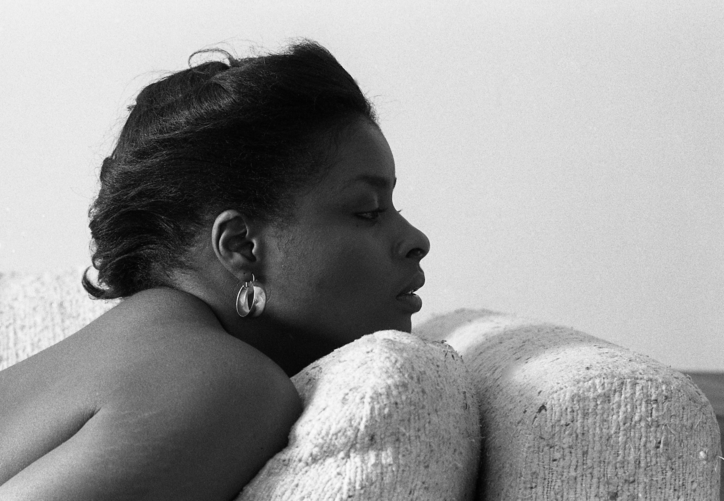
What did your father’s practice mean to you growing up, and if it has changed, how is your relationship to it different now?
Growing up, I knew my dad as a photographer but I didn't exactly think of him as an artist until I was older. The camera was so present in my childhood that it didn't really register to me that the photos he was taking were part of this larger body of work that had been started before I was born. I sort of thought of it like any kid would think of their family taking photos or home videos. He worked for the city as a photographer, so I also knew it was his job, but to me that made it feel more utilitarian than artistic.
That said, my dad was a big supporter of my artistic growth as a child and a big reason I'm able to have focused on being a creative for the majority of my life is because my dad set this standard in his own life. Photo was really all he did since he was younger, and I understood that it made him happy to do that. I think working with the pictures now has given me this kinship with him where I can now see him more as a peer and a point of inspiration. Especially because the work I'm focusing on right now is the work he was making in his late 20's and into his 30's so there's overlap with my own age.
When did you start this process of archiving, curating, and presenting your father’s work to the public? What, if anything, catalyzed it?
The 1st show was in October of 2022 at New York Life gallery, and I started archiving around spring of 2022. My sister had gone down to Baltimore to get some things from our old house around 2018/2019. Christmas of 2019, me and my sister were going through the pictures, a lot of which were images we had never seen before, and I casually posted them on my Instagram and got a lot of feedback from people. Mostly it was people just being positive about the work, I didn't really think at that time that I would do anything with it, and I was doing my own thing in fashion so I didn't really have the time to focus on it. In 2022 my friend Clarke Rudick hit me up about doing a portfolio of my dads work for the 1st issue of his magazine Crosscurrent, and a bit after that Ethan James Green got in touch about showing the work at New York Life as the inaugural show for the gallery. It was really interest from other people that pushed me to make it more of a serious endeavor, I think on my own I felt the images were amazing but I think just getting positive reinforcement from other people made me feel like, ok maybe this can really be a long term project.
What do you know about the subject in the “KAREN” series? Who is/was she?
Really all I have is her name and the dates the photos were taken. I know that she is one of a number of women who reoccur in my dads work in the late 70s but beyond that the relationship she had with him is a mystery to me. Which is the case with a lot of the women in the photos. My dad didn't leave behind much writing about his work, and because this is work that was made in his younger days he didn't really discuss it with us, and in fact these photos were kind of kept out of sight since they can be erotic. I know that some of the women in the photos were definitely women my dad dated, because some images feature him in tandem with the women. Some are just friends or women he asked to sit, though, so there's a range.
Do you consider yourself an artist or photographer in your own right? If so, how does your father’s practice inform your own?
I definitely think of myself as a creative or artist, but I'm not a photographer. I did play around with photo in high school, but I never really stuck with it. I work in fashion as a stylist now and I think my dad and his relationship with photography definitely had a hand in that. I was just as into looking at photo books as he was, and I'm still always looking at and buying new photo books because I have this long relationship with it. I can't say I have like a full technical understand of the medium but I do feel like my taste and my point of view on photo was formed by my dads work, and seeing this work he was making when he was young I do see how without realizing it we have these similar ideas of what makes a good photo. I can't say it's like a hereditary thing but maybe because I was looking at the same things he was, because I had his library of books growing up, it's given me a similar point of view to his.
What do you think makes your father’s work so relevant to this day?
I think what motivated my father is generally what's at the heart of any photographic practice: he was just searching for a way to understand the world, and his camera was a tool for that. I think the photos definitely have certain details to them that age them, but I think when you really look at the subjects in the photos there's a timeless quality to them. In the same way that like Dorothea Lange or Gordon Parks were making images years before my father that he was looking at for inspiration, I think people can look at these pictures now and understand them. Photos break through time because we as people don't really change radically from decade to decade, the details of our surroundings shift but the way in which we relate stays the same.

